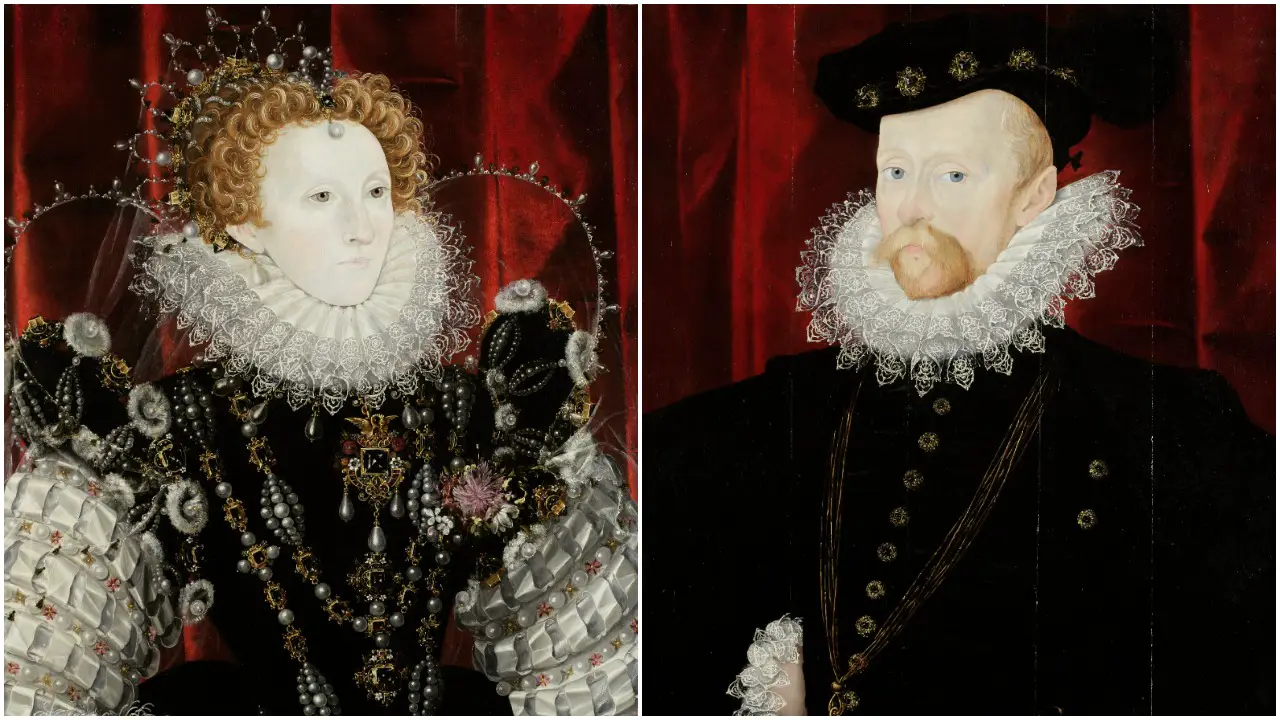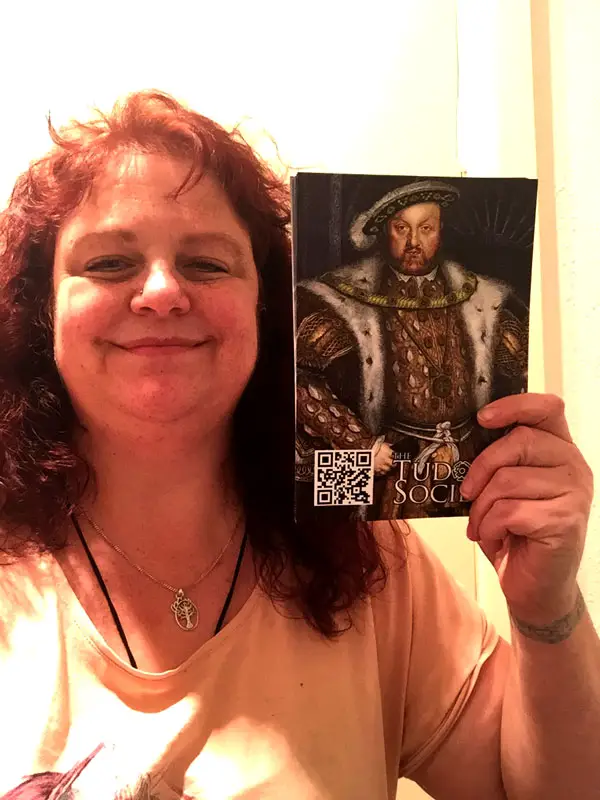We have many historians as members of the Tudor Society, and we thought it would be interesting to ask them what they are researching or working on at the moment, and whether they've come across anything of interest from the Tudor Period.

The first to respond was the wonderful Stephanie A. Mann (who was our guest speaker back in April 2016). Here is what she sent us! THANK YOU STEPHANIE!
What are you currently reading?
An author sent me a copy of his book about Shakespeare’s The Winter’s Tale, A Tale Told Softly: Shakespeare's The Winter's Tale and Hidden Catholic England, asking for my opinion. I’m glad that Robert Morrison does not attempt to prove either that Shakespeare was a Catholic or that he wrote in a secret code for Catholics. From my reading so far, he offers an interpretation of the play that places it in the historical context of the English Reformation, especially during the reign of James I.
I’m still thinking about Gareth Russell’s great achievement in Young and Damned and Fair: The Life of Catherine Howard, Fifth Wife of King Henry VIII, and especially some of his comments about Henry VIII’s character. His statement that Henry VIII really never did anything simply for the good of his people surprised me, as did Russell’s analysis of the king’s rather desultory and ineffective building projects. His comment: "Henry VIII was a man who had somehow gone rotten without ever being ripe", stunned me. Those opinions were on my mind when I read Suzannah Lipscomb’s The King is Dead: The Last Will and Testament of King Henry VIII. I thought it was a very effective examination of the issues around Henry VIII’s will and also of his attempts to exert his will on England beyond the grave.
And what are you researching?
As to research, I am starting to prepare for a couple of presentations at the Summer Symposium of our Catholic diocesan Spiritual Life Center in Wichita, Kansas. The theme of the Symposium is "Conversion and Conscience: Freedom, Will, and Truth in the Human Quest for Meaning". I am scheduled to discuss St. Thomas More (Conscience and Martyrdom) and Blessed John Henry Newman (Conscience and Conversion). My presentations will be historical and biographical, and the St. Thomas More session will benefit from having read Eamon Duffy’s Reformation Divided: Catholics, Protestants and the Conversion of England, for which I’ve had a review accepted in the Saint Austin Review (publication date TBD).
Anything else historical that you're up to?
I keep up with my blog, sometimes referencing the Tudor Society’s “This Week in History” posts for inspiration. I subscribe to the BBC Music Magazine, and I am always fascinated by the number of CD releases that have the English Reformation in context and background. This month’s issue, for example, reviews the latest CD from Contrapunctus and Owen Rees, Virgin and Child, with works from the Partbooks preserved by John Baldwin of the Chapel Royal. I’ve ordered it and am looking forward to hearing Marian motets by White, Sheppard, Fayrfax, Tallis, and Taverner throughout the month of May (known as "Mary's Month").



I am currently revising a number of questions on Anne Boleyn for my own interest, but also to make notes on the contemporary sources regarding many of the major issues around Anne. I got this idea from a very early comment I made on the Anne Boleyn files a few years ago, I believe when her relationship with Princess Mary and her character were being discussed. I was talking about many of the debates around the contradictions that sometimes come across regarding Anne and one or two people asked about the origins of my information. Although I was able to direct people to well known authors on Anne, I realised it had been a number of years since I had actually studied anything in depth at that time. I was recalling the knowledge I have gathered over a number of years and I went back and found some more useful sources to answer some of the questions on my comment. I found that post again recently and wrote a series of questions which I have decided I wanted to revise and research from recent articles, contemporary sources, debstes and scholarship. Many of these were not readily available when I began studying Anne Boleyn. I am currently enjoying researching and revisiting these numerous complex questions and have found some new information I didn’t know before and some very revealling and well researched scholarship which, in my experience anyway, shreds new light on the way I have assumed these things have been viewed in the past. Not everything is a comfortable read, either and some views, even from modern scholars are shocking. There are myths which are reborn anew, which in my view, wiser scholarship, reviewing the evidence fully had put to bed years ago. There are articles which have fascinating information on areas of Anne’s earlier life I have actually forgotten. Articles I haven’t seen for years are now easily accessible in the public domain and there are pools of journal articles easily reached which I have previously only been able to access using my academic password. I have had great pleasure in digging out some old books on Anne which I simply don’t normally have time to bother with, but this research has awakened a new passion for reading older works. The range of scholarship and debate is amazing. I am getting to know or rather being reintroduced to Anne Boleyn, the real person, and loving the experience.